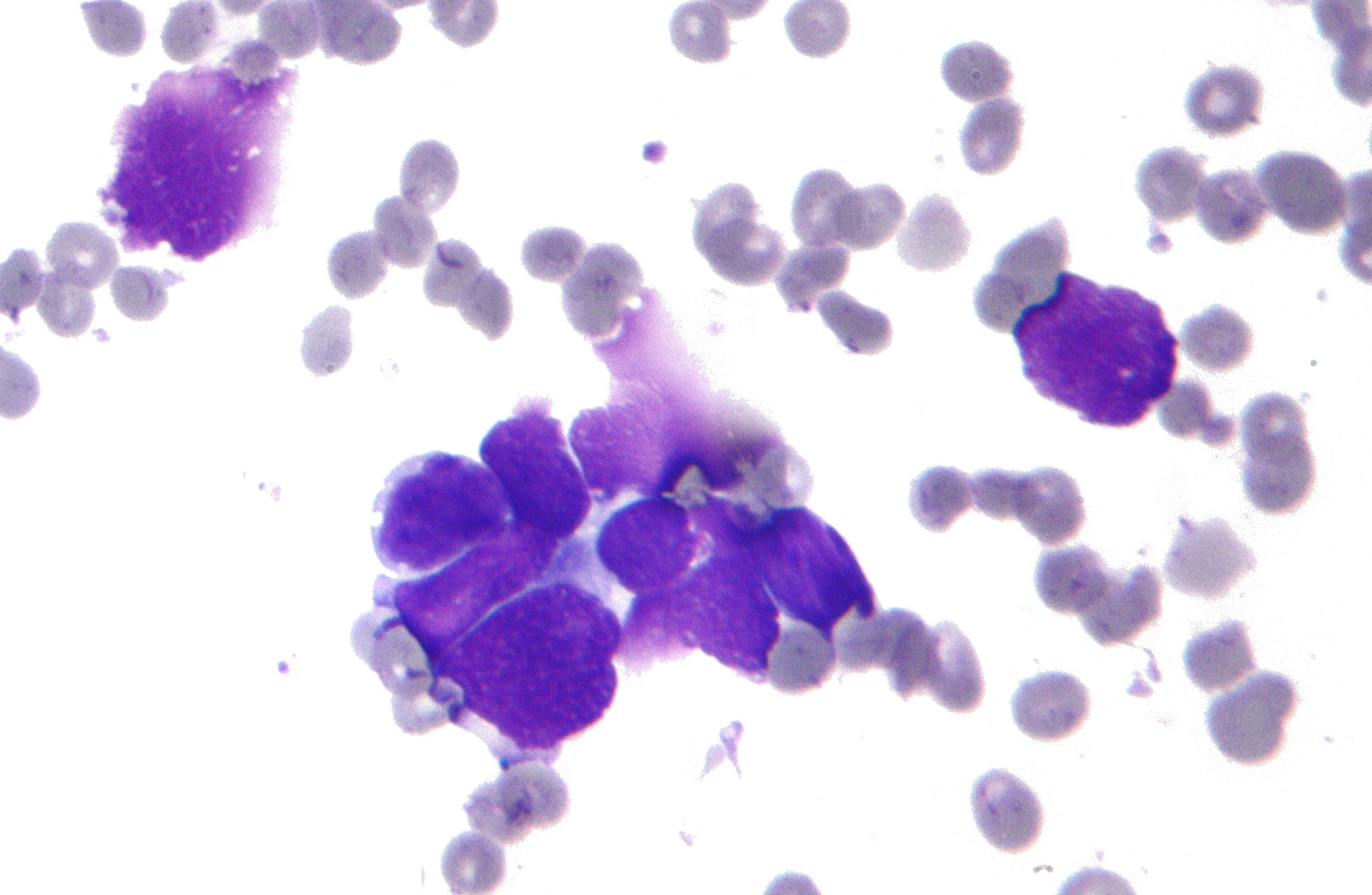A new drug to block the spread of cancer around the body has been developed by scientists in America.
Traditional cancer treatments, including radiation and surgery, are effective  at controlling tumours localised to one area of the body. To mop up cancer cells that might have spread or metastasised from the primary cancer to other parts of the body, chemotherapy agents are often also used, but this can produce significant side effects when healthy tissue is harmed too.
at controlling tumours localised to one area of the body. To mop up cancer cells that might have spread or metastasised from the primary cancer to other parts of the body, chemotherapy agents are often also used, but this can produce significant side effects when healthy tissue is harmed too.
Seeking to avoid this, scientists have previously produced a range of new drugs designed specifically to block metastasis from occurring.
One of these agents, the drug rapamycin, targets a master regulator inside cells known as mTOR, which is responsible for controlling protein production and for governing the rate at which cells divide by coupling nutrient sensing to cell growth. In cancer cells, mTOR is often over-active, altering the levels of key proteins that determine the ability of cells to move around the body.
Now, University of California, San Francisco (UCSF) scientist Davide Ruggero and his colleagues have discovered how this happens and how mTOR causes cancers to spread in the first place. Using a technique known as "ribosome profiling" to follow how mTOR controls protein production at the level of the entire genome, they found that it regulates the translation of a specific group of genes that are directly involved in metastasis and in the invasive patterns of growth that are characteristic of cancer.
Moreover, when an mTOR-targeting agent like rapamycin fails, it's because it is not adequately blocking the mTOR signal. This permits the cancer to "escape" and grow unchecked. But now the team have come up with INK128, a new agent that appears to be able to block mTOR much more robustly. And in tests on mice with the rodent equivalent of prostate cancer, administering INK128 blocked metastasis completely.
Consequently, INK128 is now in clinical trials for different types of cancer by a team lead by Christian Rommel of Intellikine, Inc. in the US.
"De-regulations in protein synthesis is now becoming a hallmark of cancer, and we are very excited by the opportunity to target the aberrant protein synthesis apparatus in many cancers," says Ruggero.
- Previous Micro MRI
- Next Mystery moth blighting Italy's vineyards










Comments
Add a comment